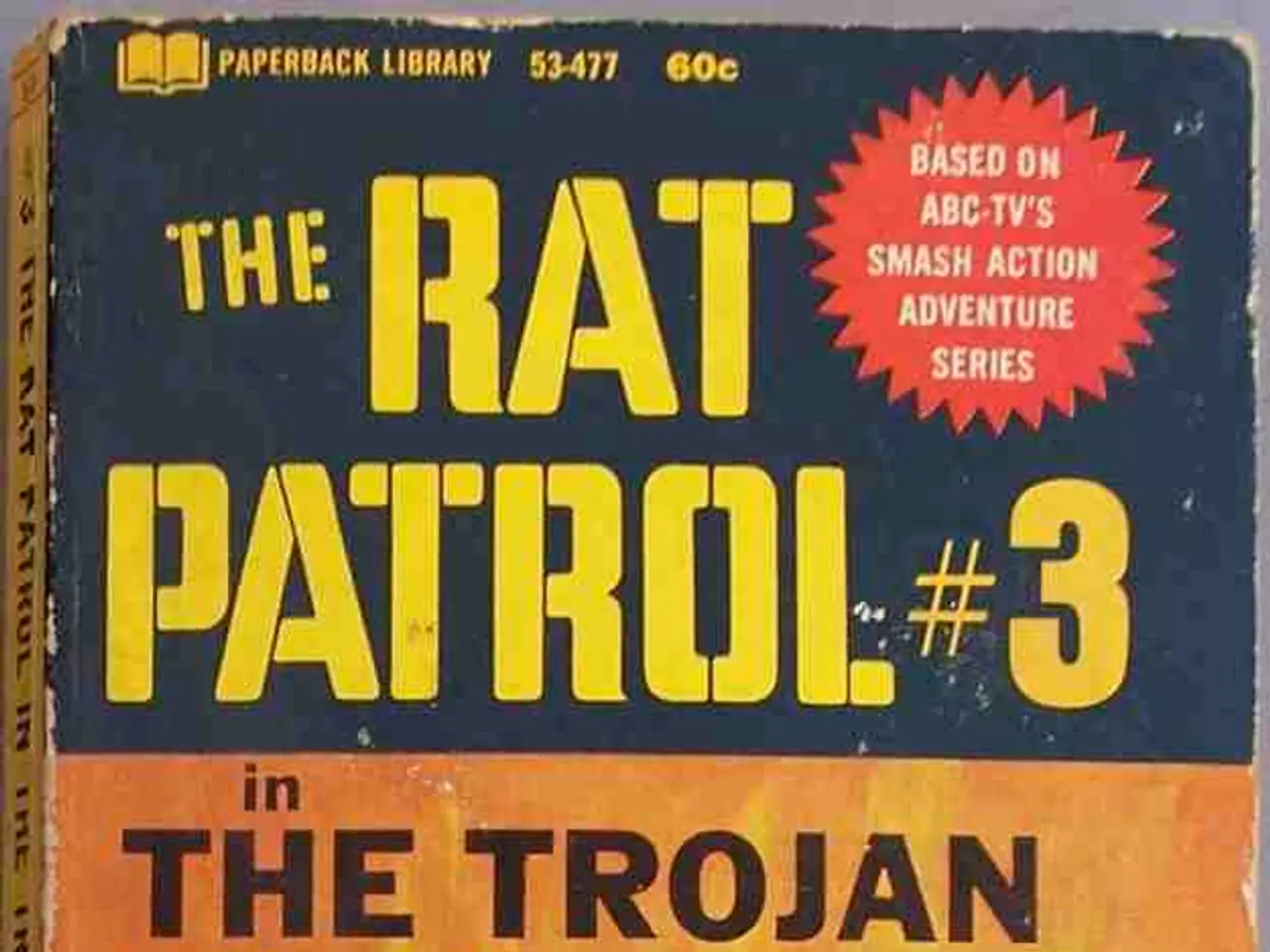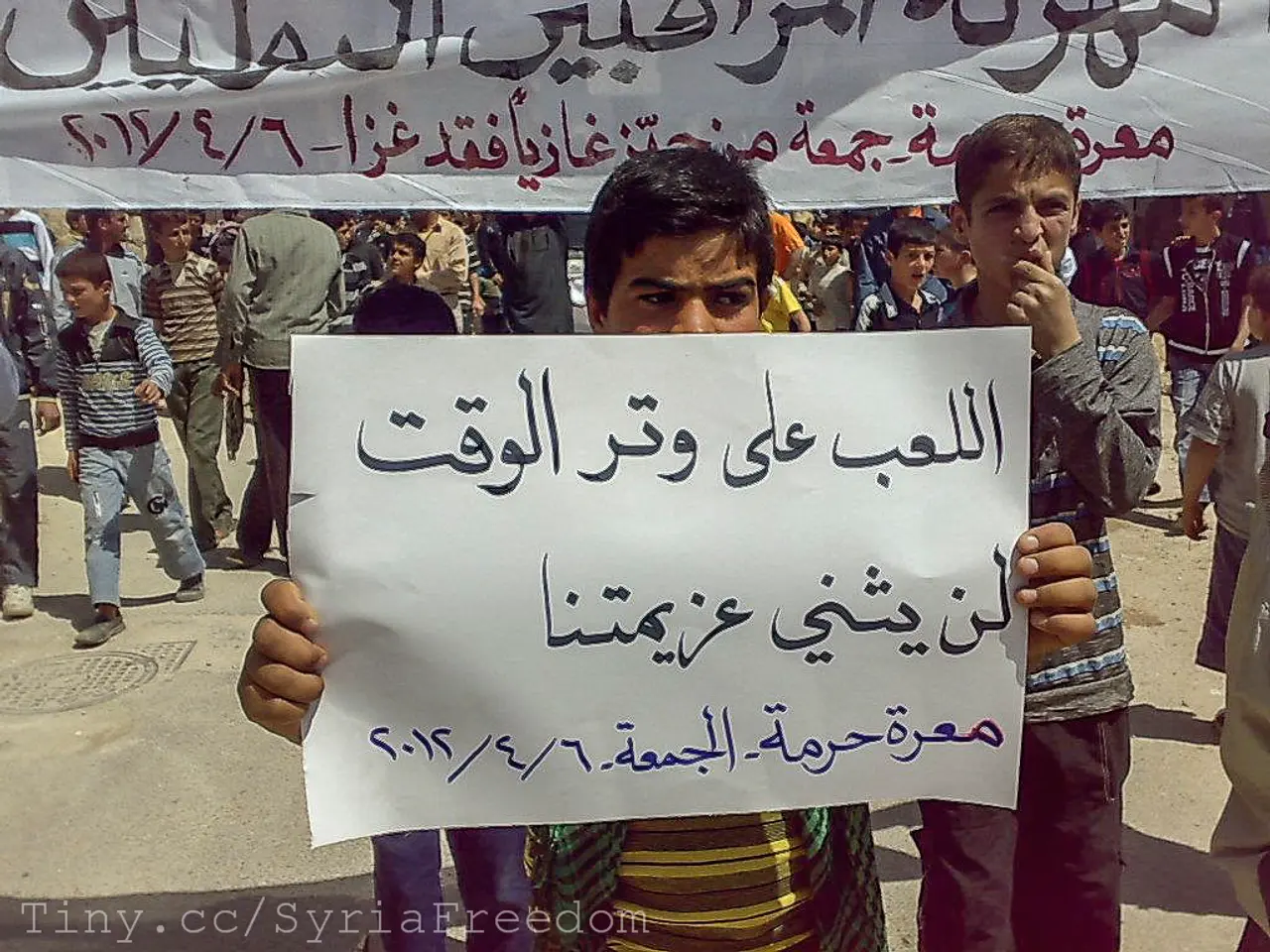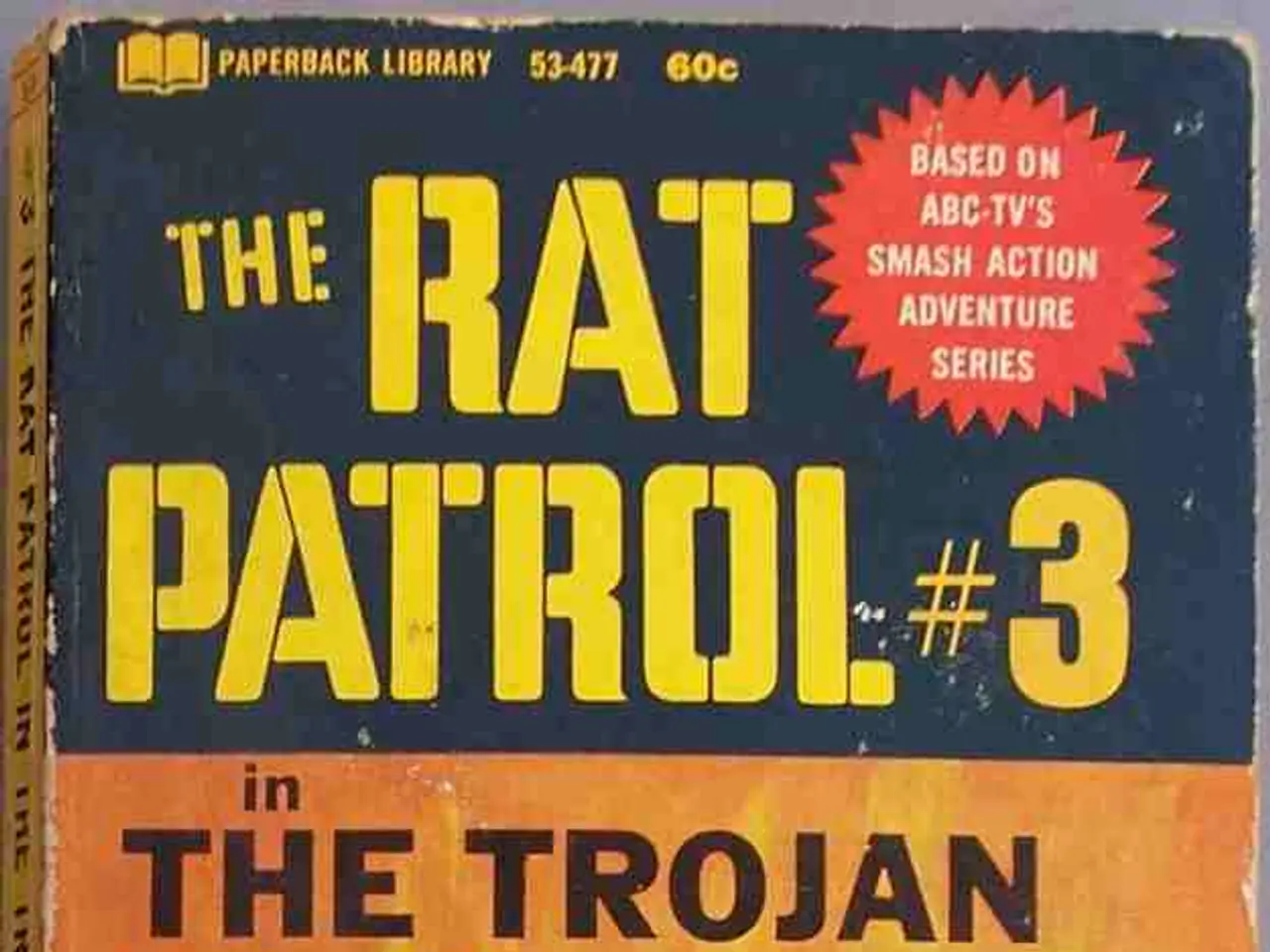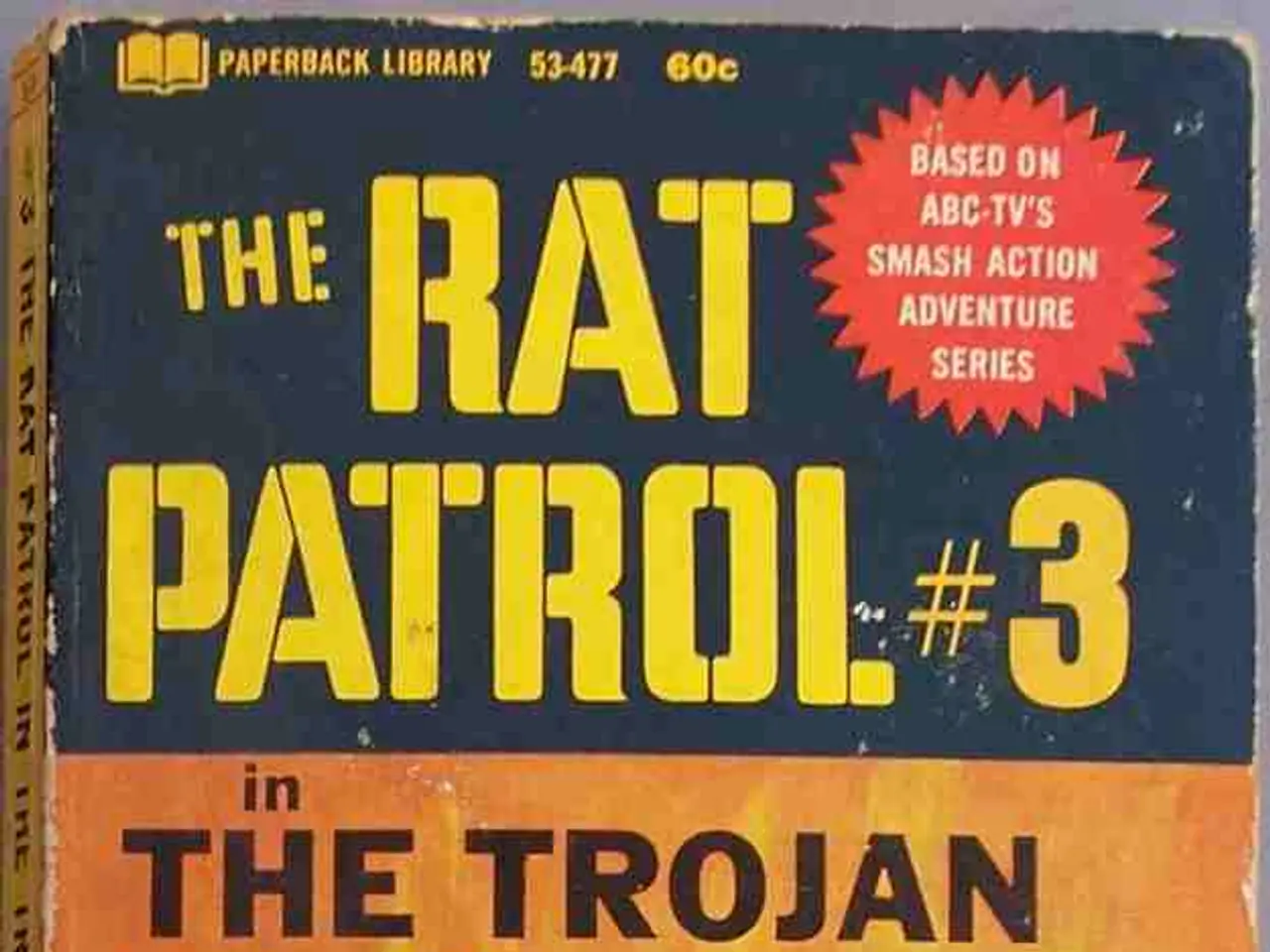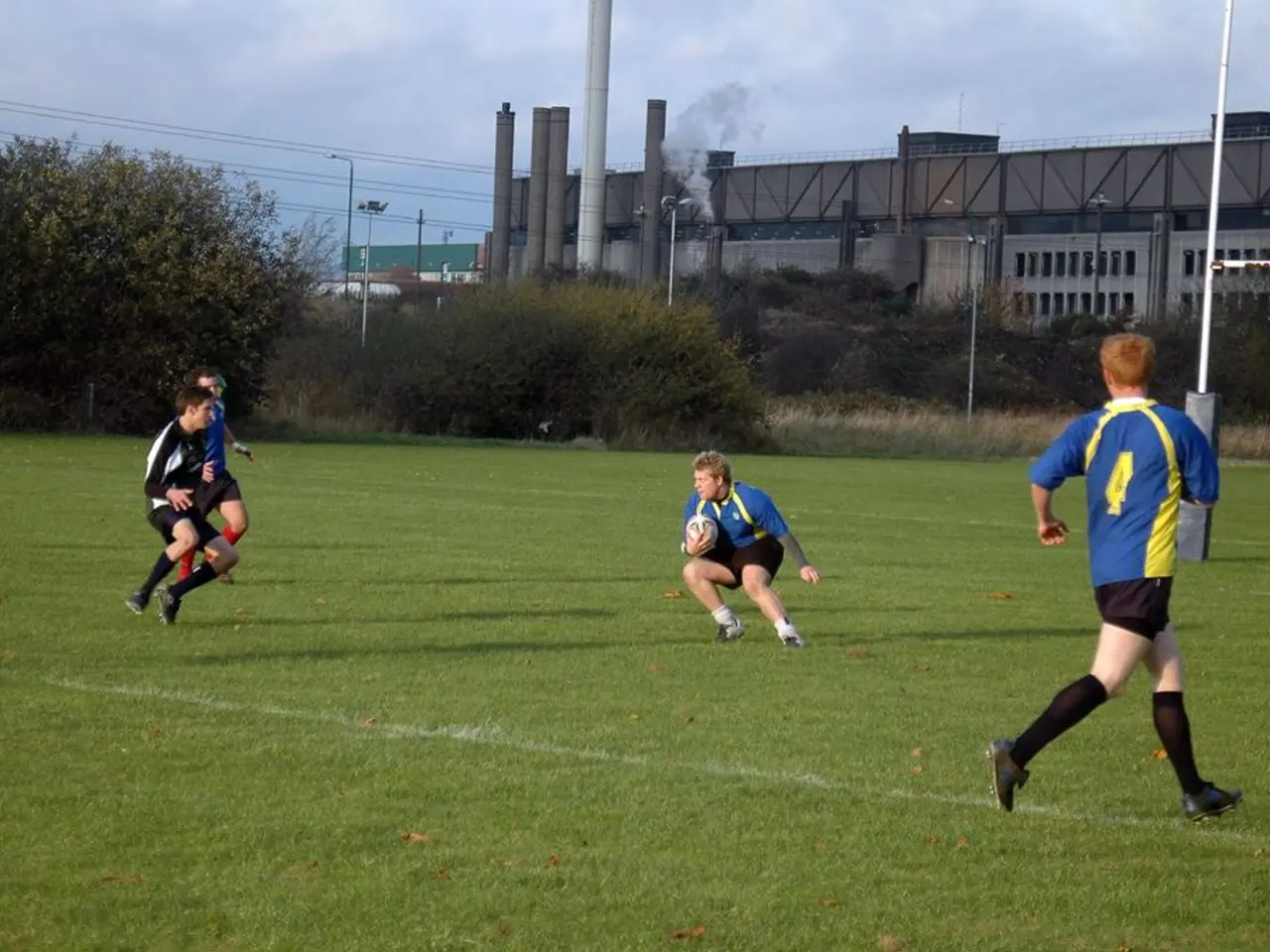The U.S. Strike on Iran: Brute Force Over Diplomacy
President yielding Midnight Hammer sees every issue as a problem to be solved immediately.
By Andreas Kluth
In the wee hours of Sunday, the United States unleashed a ferocious show of military might, codenamed Operation Midnight Hammer. With over 125 aircraft, 75 types of precision weapons, submarines, and support from land, space, and cyberspace, the strike package obliterated key Iranian nuclear facilities in a dazzling display of military strength.
Some B-2 bombers feigned a westward flight from the US, while the true warriors swept east, evading detection as they pierced entire mountains with their ordnance. According to Pentagon officials, the operation involved the first-ever operational deployment of a 30,000-pound bunker buster bomb, which was utilized to target fortified, underground nuclear sites.
As a mission, Midnight Hammer stands as a remarkable triumph. It raises questions, however, about whether brute force is a sound substitute for diplomacy.
While the initial tactics were impressive, strategy is a different story. President Trump asserts that his foreign policy revolves around "peace through strength." The question is whether this single, tactical success will lead to long-term strategic victory, or whether it will ignite a new conflagration in the Middle East, ultimately leading us to an Iranian nuclear weapon.
Iran's nuclear program has taken a significant blow, but at what cost? The operation has set the stage for heightened tensions, military retaliation, and the risk of broader conflict. In the aftermath of Midnight Hammer, the world watches with bated breath, unsure whether we are on the precipice of peace or the brink of tragedy.
It's important to remember that might does not always equate to right, and brute force is not an effective means of forging lasting peace or fostering diplomatic solutions. History has shown us time and again that the use of overwhelming power often leads to unintended consequences, from the chaos and strife that followed U.S. intervention in Afghanistan and Iraq to the unexpected rise of unforeseen dictators and the redirected resources away from other strategic regions.
It is true that the U.S. is unrivaled in its military prowess. But strength is not solely measured by battles won or punches landed. It is a combination of wisdom, humility, and the willingness to engage in diplomacy, not just war.
Many are questioning the wisdom of Midnight Hammer, especially considering that it was not based on negotiation or warning, but rather on the whims of Israeli Prime Minister Benjamin Netanyahu. By pre-empting diplomatic avenues, the operation has shattered trust with Iran and inflamed hostility, potentially destabilizing the international non-proliferation regime and increasing proliferation risks.
Trump and his supporters argue that the operation was necessary to protect the security of the U.S. and its allies. But at what price? Will the uncertain consequences of this single, impulsive strike ultimately leave us with nothing more than a fleeting sense of victory, or will it usher in an era of endless conflict and nuclear proliferation in the Middle East?
The ancient Greeks warned us about hubris, and it seems that history has a disturbing habit of repeating itself. Let us hope that we have not approached another turning point, where self-proclaimed superheroes, armed with the power of superweapons, naively believe that every problem in the world is a nail, when it may, in fact, be the detonator of the next forever war.
Sources:1. Spetalnick, Jeff, and Idrees Ali. "Exclusive: U.S. targets Ukraine-made turbines in pressure on Iran." Reuters, 2025.2. Schmitt, Eric, and Helene Cooper. "U.S. Told Iranians Last Week That 'Hard-Hitting' Attack on Nuclear Sites Was Imminent." The New York Times, 2025.3. Hirschfield Davis, Zolan K, and Edward Wong. "Iran's Nuclear Sites Sustained 'Extremely Severe Damage' in U.S. Airstrike, Officials Say." The New York Times, 2025.4. Lovejoy, Scott. "U.S. Strike on Iran: The Bombs, Missiles and Stealth Aircraft Used in the Attack." The Washington Post, 2025.5. Latiff, Jamal, and Jonathan Landay. "Iran Makes Threat to Leave Nuclear Pact After U.S. Strike." Reuters, 2025.
The U.S. strike on Iran, termed Operation Midnight Hammer, has prompted discussions about the efficacy of brute force in international politics and general news, raising questions about whether it will lead to a lasting strategic victory or ignite a new wave of war-and-conflicts in the Middle East. The operation, while strategically questionable and potentially detrimental to diplomatic relations, underscores the need for a balance between military strength and diplomatic engagement, as the employment of brute force may not solely equate to forging lasting peace or fostering diplomatic solutions.
